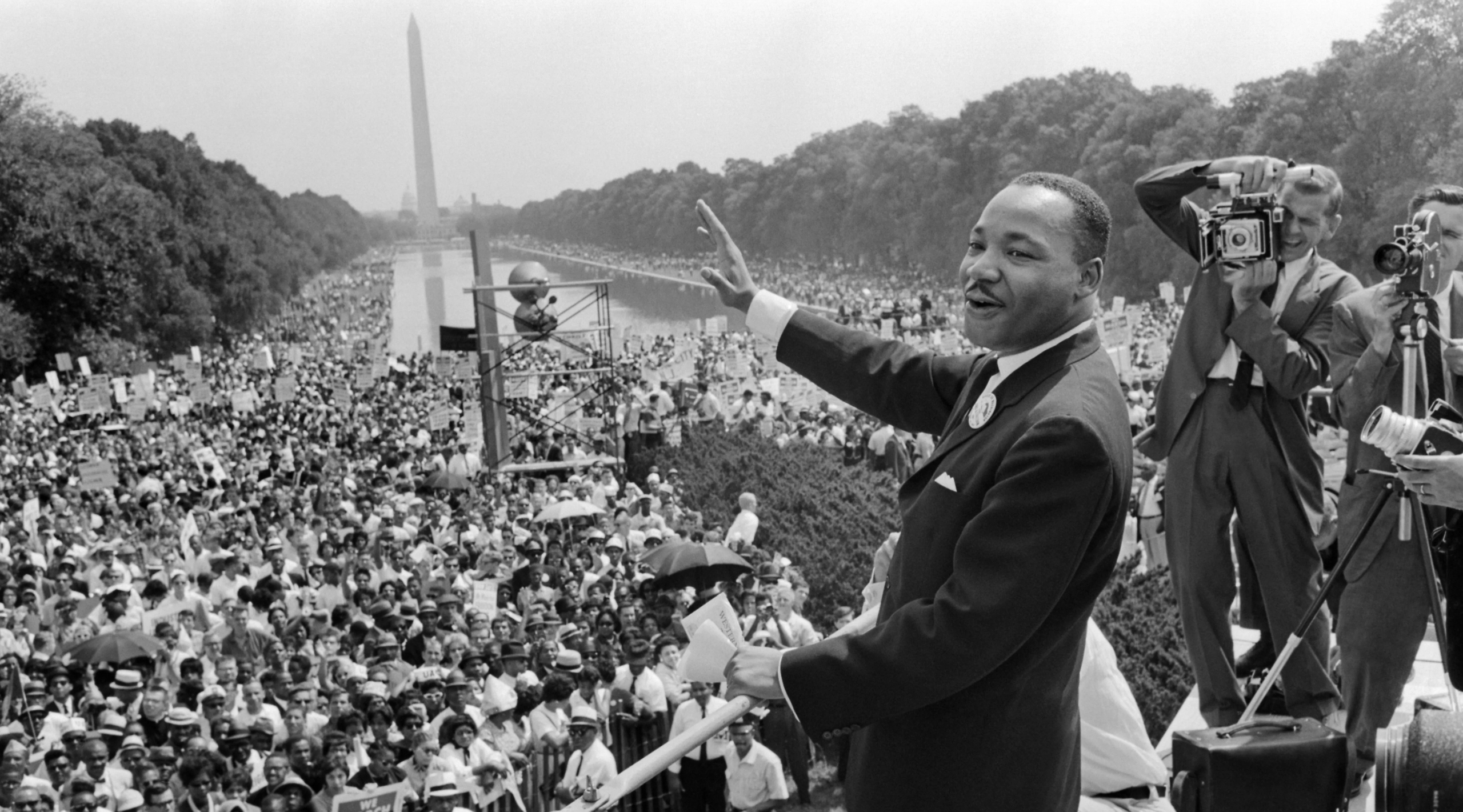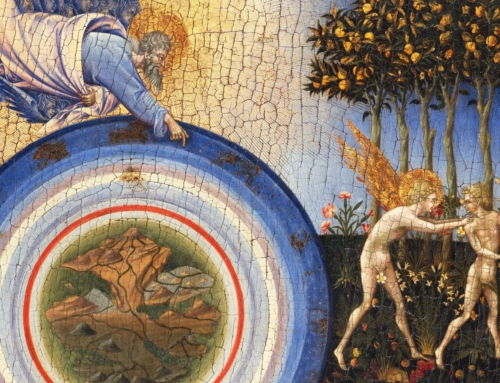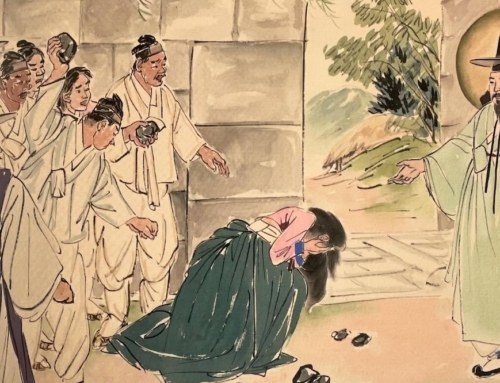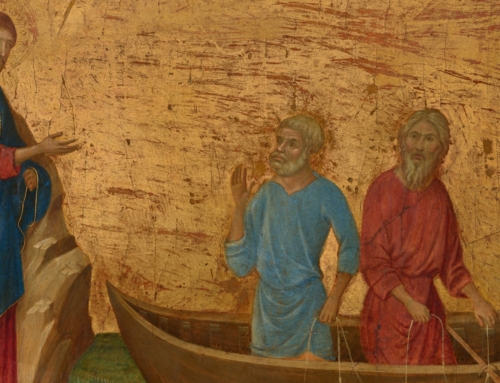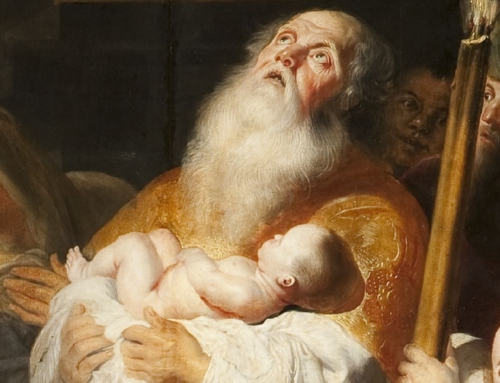On this day, sixty-two years ago, people on the National Mall in Washington, D.C. watched Martin Luther King, Jr. deliver his iconic “I Have a Dream” speech. A dream “that one day right down in Alabama little black boys and black girls will be able to join hands with little white boys and white girls as sisters and brothers.” But this dream was hindered by racial segregation, by which “our children are stripped of their selfhood and robbed of their dignity.” And so his plea was urgent: “Now is the time to make justice a reality to all of God’s children.”
Arguably, hidden behind these demands is a desperate cry for the Holy Spirit’s gift of piety. What is piety? It’s that “spirit of adoption, through which we cry: Abba, Father!” (Rom 8:15). That is, the Holy Spirit enables our heart to recognize God as a Father. Then, flowing out of this recognition of God as father, piety enables our hearts to recognize our fellow man as brother. And it’s this wonderful gift which undergirds MLK’s dream for American society.
And yet, somehow, though so much of society was professedly Christian, the outflow of piety (from the worship of God to the love of neighbor) was somehow blocked. But, lucky for us, the saint whom we celebrate today might be of help. It was, in fact, on this same day 1,533 years before the “I Have a Dream” speech, that Saint Augustine gave his most eloquent sermon: a holy death! But before dying, Augustine worked out how the worship of God can trickle down into the love of neighbor.
The worship of God—even the very possibility for such worship—bestows on man his great dignity. Great dignity because in the act of worship man reflects the splendor of God, and so lives up to his identity as an image of God. So Augustine gives this recommendation for one’s soul: “Let it then remember its God, after whose image it is made, and let it understand and love Him. . . . And then it will be wise, not by its own light, but by participation of that supreme Light” (On the Trinity, ch. 12). When a person worships God, his soul recalls God, and meditates on God, and loves God. It’s in this activity, more than any other, that the soul notices its resemblance to God. And because God is so much greater (all-powerful, all-wise, and all loving), the soul realizes what a privilege it has in being created in God’s image. The soul cannot help but love itself.
When a person truly worships God, he will then truly love his neighbor. For one thing, God commanded such. Augustine writes, “You say then, that you love Christ: keep His commandment, and love your brother” (Homilies on 1 John, 9). Love implies a union of hearts. So when we love God, and unite our heart to his, we would love everything he loves, including our neighbor. But with Augustine, we can also note a second reason: like us, this other person is an image of God. And so “when the mind loves God, and by consequence, remembers and understands Him, then it is rightly enjoined also to love its neighbor as itself” (On the Trinity, ch. 14). By its aptitude for worship, our soul is an image of God. And so with all the great dignity this entails, we are lovable as images of God. This holds for every other soul God created. And so, if we love ourselves as images of God, we should love our neighbor.
Therefore by his interior worship of God man comes to more truly love himself and his neighbor. But it was the gift of piety that drew man in to worship God in the first place. And so we ask for the Holy Spirit’s gift of piety, by which we cry “Abba, Father!” confident that it is this same gift that will finally enable us to “transform the jangling discords of our nation into a beautiful symphony of brotherhood.”
✠
Photo by National Park Service (CC BY-SA 2.0)

